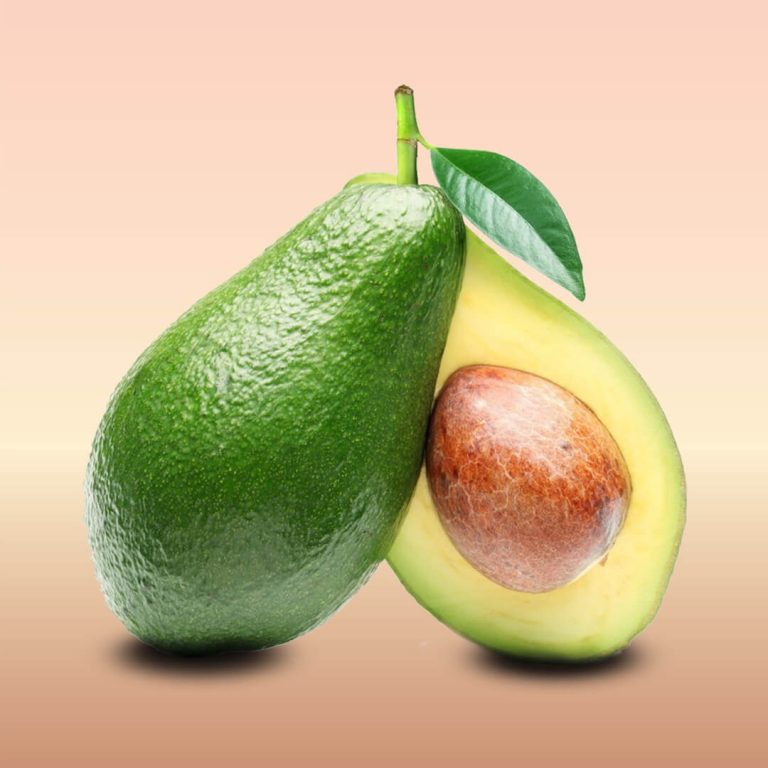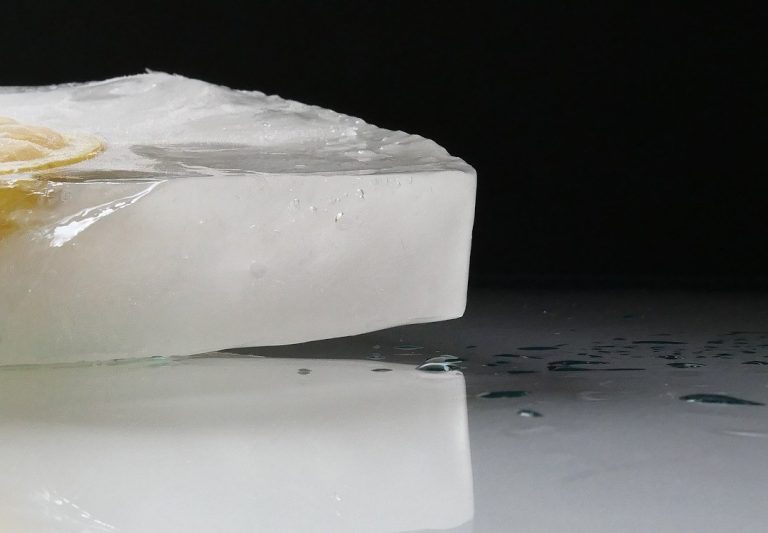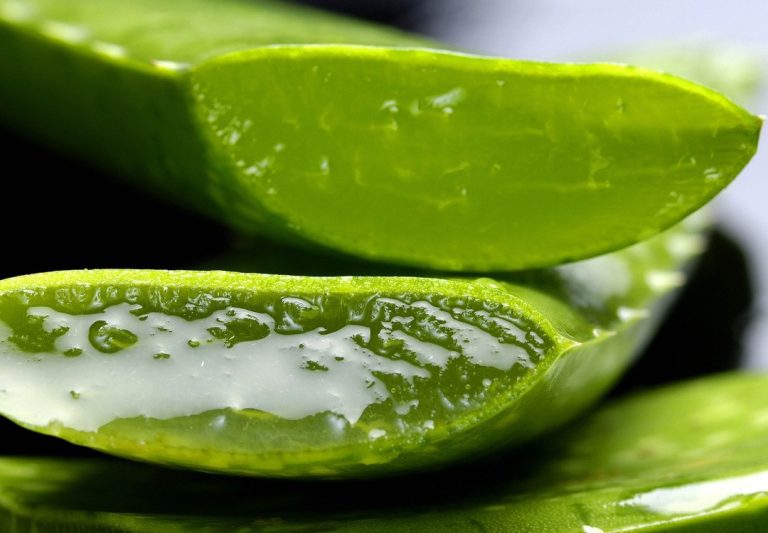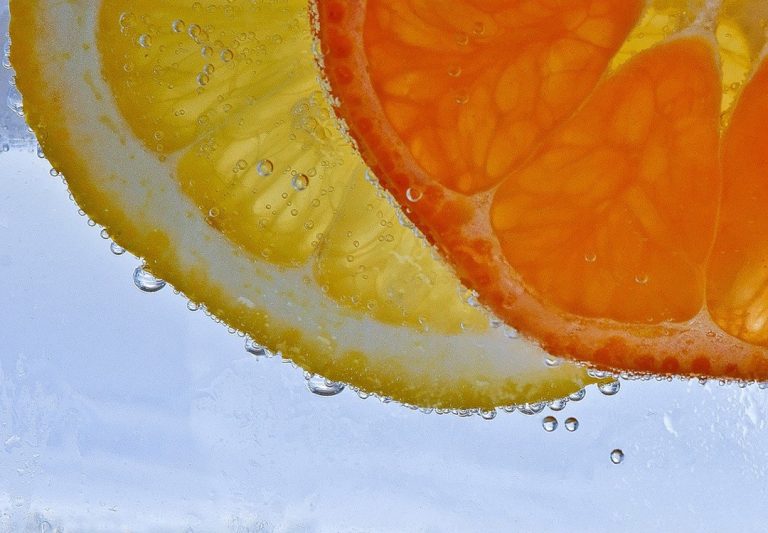9 Benefits of Hyaluronic acid for body and skin
Hyaluronic acid (this acid has different names), is a kind of cement of the skin. Acid not only regulates cellular metabolism, but also connects cells to each other and maintains skin tone. Hyaluronic acid is called the main moisturizer in cosmetics for a reason. It creates a network of water molecules and forms a natural…
Hyaluronic acid (this acid has different names), is a kind of cement of the skin. Acid not only regulates cellular metabolism, but also connects cells to each other and maintains skin tone. Hyaluronic acid is called the main moisturizer in cosmetics for a reason. It creates a network of water molecules and forms a natural protective layer, thanks to which the skin retains moisture and remains elastic.
As you know, the human body can adapt to the external environment. This is how hyaluronic acid reacts to changes in temperature and humidity levels around us. Therefore, the body may produce less or more hyaluronic acid depending on the season and climate. Bad habits and excessive exposure to the sun will also certainly affect the condition of the skin: the synthesis of hyaluron will decrease, and the skin will become less elastic. In general, this process slows down after 20 years, and after 40, due to a lack of hyaluronate, the body cannot synthesize collagen and resist aging. This is where cosmetics and preparations with hyaluronic acid come to the rescue.
Hyaluronic acid in cosmetics
There is a reason why hyaluronic acid is credited with a whole range of beneficial properties. With the right choice of cosmetics, it will save you from dehydration, dryness and flaking, wrinkles, and tighten the oval of your face. What else does hyaluronic acid do to the skin and body:
For face and neck skin
How to choose properly? It’s a matter of skin condition, type and age. When you need, in addition to moisturizing the face, a product to tighten the skin and fight other problems (acne, rosacea, dryness), you need to choose a formula according to certain criteria:
- for young facial skin, maintaining water balance and normal pH of the skin may be sufficient. In this case, masks, moisturizing creams, serums and emulsions with an age mark of “+20” are suitable;
- for mature skin 30+ you will need a more active composition. The effectiveness of serums and masks will be higher if they contain ceramides. They help retain moisture in the skin, and beneficial acids (for example, anise) will enhance the process of natural rejuvenation;
- after 40 years the body can no longer renew itself as it did at 20 years old. To maintain a blooming appearance, the skin needs serious support. Your option is leave-in care: night and day creams with a lifting effect, two-phase serums, modeling masks;
- for aging skin after 50, you can safely take potent serums, fillers, anti-wrinkle ampoules paired with roller facial massage tools. If you didn’t have lip filler and gel for the area around the eyes in your cosmetic bag before, include them in your daily beauty routine;
- hyaluronic acid will also help with acne. Problem skin needs hydration, even if it is oily. Hyaluronate will reduce inflammation, prevent dehydration, and even out skin tone. Pay attention to masks with charcoal and hyaluronic acid. They simultaneously moisturize and cleanse clogged pores;
- for dry facial skin, hyaluronic acid in any format is already a gift for the skin. This type of skin retains moisture worse, so products with lipids, vitamin E, extracts of honey, aloe vera, and milk will be especially effective;
- for combination skin it is worth choosing a complex of different products. Pay attention to ingredients that work well in combination with hyaluronic acid – glycerin, vitamins E and C, retinoids, lactic and salicylic acids, panthenol;
- sensitive skin will benefit from a complex of nanohyaluronic acid, chitosan, ceramides and allantoin to increase protective functions.
- for oily skin that needs hydration and control over sebum production, foams and gels with hyaluronic acid are suitable. Another must-have of yours is fluid creams with acid and extracts of green tea, nettle, hops and zinc;







